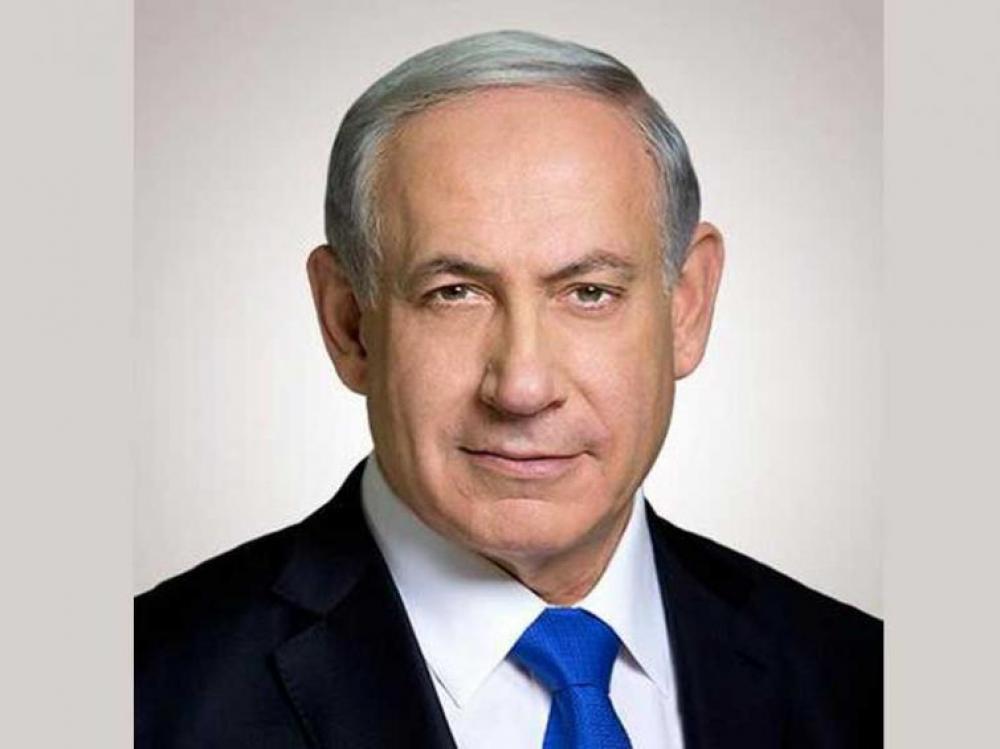Just Earth News | @justearthnews | 12 Mar 2019

Jerusalem (Xinhua/UNI): Israel's Justice Ministry said on Monday that the decision on whether to charge Prime Minister Benjamin Netanyahu with corruption won't be made until after the general elections in April.
Attorney General Avichai Mandelblit has agreed to hold Netanyahu's pre-indictment hearing until after the April 9 general elections but before July 10, according to a ministry statement.
A final decision on possible charges would be made by Mandelblit after the hearing, the statement said.
Additionally, Mandelblit decided that all evidence and materials collected during the investigations will be kept secret until after the elections.
The decision was made following a request filed by the lawyers of Netanyahu, who is seeking re-election for a fifth term in the upcoming elections.
On Feb. 28, Mandelblit said he intended to charge Netanyahu with bribery and breach of trust in three separate corruption cases, pending a final hearing.
In a case dubbed by the police "Case 4000," Netanyahu allegedly took bribes from Shaul Elovitch, a former control-holder of Bezeq, Israel's largest telecom company, by giving Bezeq financial and regulatory benefits.
During the alleged offenses, Netanyahu was the communication minister in addition to his capacity as prime minister.
In exchange, Elovitch, a close friend of Netanyahu, allegedly required Walla, a news site controlled by Elovitch, to provide favorable coverage of Netanyahu and his wife Sara.
In another case dubbed "Case 1000," Netanyahu and his family allegedly received expensive cigars, champagne and jewellery worth about 1 million new shekels (268,200 U.S. dollars) from the Israeli businessman and Arnon Milchan, a Hollywood tycoon, between 2007 and 2016.
In a third case dubbed "Case 2000," Netanyahu and Arnon Mozes, publisher of Yedioth Ahronoth, one of Israel's largest newspapers, allegedly held talks over an "exchange deal," in which Netanyahu would receive favorable coverage in Yedioth Ahronoth.
Image: Benjamin Netanyahu Twitter page